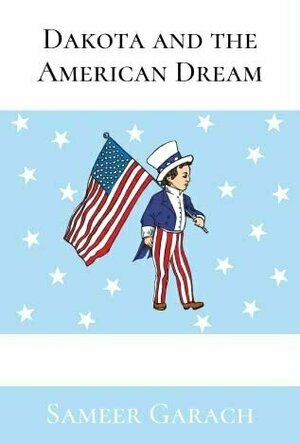
Dakota and the American Dream
Book
When ten-year-old Dakota becomes bored sitting next to his mother on a park bench, he drifts off and...

Front Row At The Trump Show
Book
We have never seen a president like this...norm-breaking, rule-busting, dangerously reckless to some...
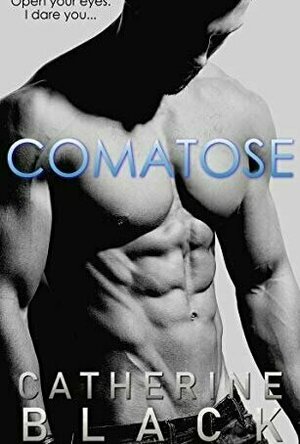
Comatose (Vixen Bluff #1)
Book
Shaye Robinson never questions her role as the tame, submissive sweetheart of Vixen Bluff's...
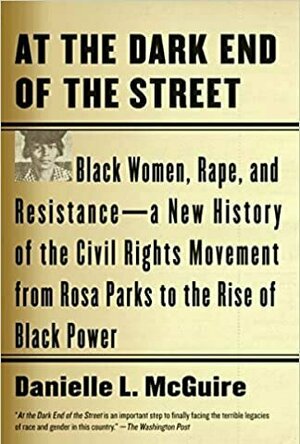
At the Dark End of the Street
Book
Groundbreaking, controversial, and courageous, here is the story of Rosa Parks and Recy Taylor--a...

Secret Menu - for Starbucks Coffee
Food & Drink and Health & Fitness
App
Every restaurant and fast food place has a secret menu, including Starbucks. What they don't want...

PhoneFinder - Find your lost phone by Shouting in Microphone
Catalogs and Reference
App
Misplaced your Phone in the home, office or any other nearby place? Well, now help is at your hands!...

Remote Alarm Pro
Utilities
App
RemoteAlarm Pro is an easy to use yet powerful application which allows you to remotely control your...
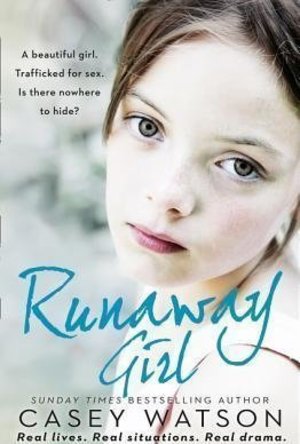
Runaway Girl: A beautiful girl. Trafficked for sex. Is there nowhere to hide?
Book
Fourteen-year-old Adrianna arrives on Casey’s doorstep with no possessions, no English, and no...
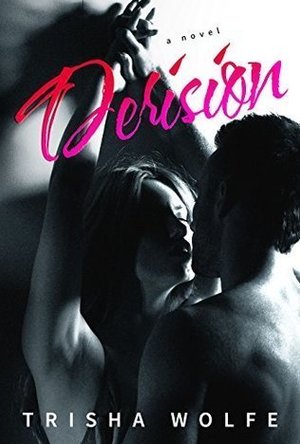
Derision
Book
*Dark erotic standalone that may have triggers Here at Lark and Gannet, you’ll work directly...
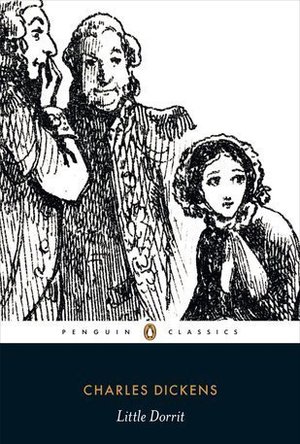
Little Dorrit
Book
A novel of serendipity, of fortunes won and lost, and of the spectre of imprisonment that hangs over...